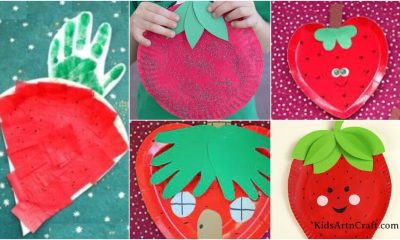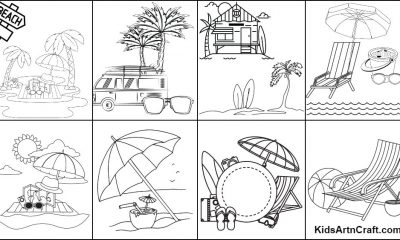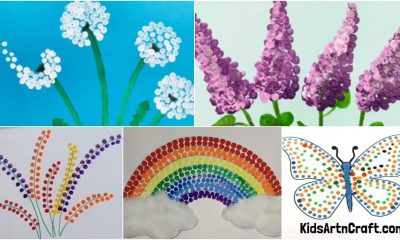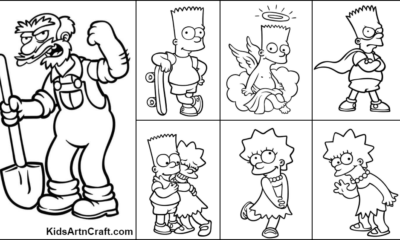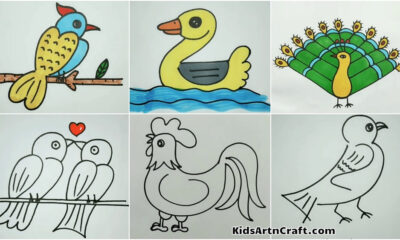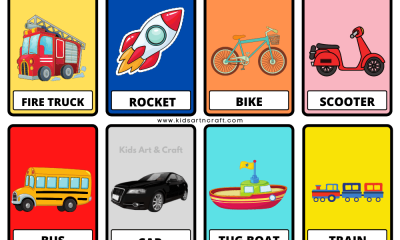Kids Activities
Scientific Learning About Weather For Kids

This article is designed to teach children about different aspects of weather, from temperature and humidity to wind and precipitation. It covers topics such as measuring temperature and other weather conditions, understanding how different weather systems work, and learning about meteorological phenomena. With fun and engaging activities, kids can explore the world of weather and better understand how it impacts their lives.
Welcome to the world of weather! Learning about the weather is an exciting and important part of science for kids. This article will provide an overview of the basics of weather and how it affects our lives. We will discuss the different types of weather, the climate, and how to interpret weather maps. We will also cover safety tips to help kids understand what to do in severe weather conditions. By the end of this article, kids will have a better understanding and appreciation of the weather and its impact on our lives.
Scientific Weather Learning Activities For Kids
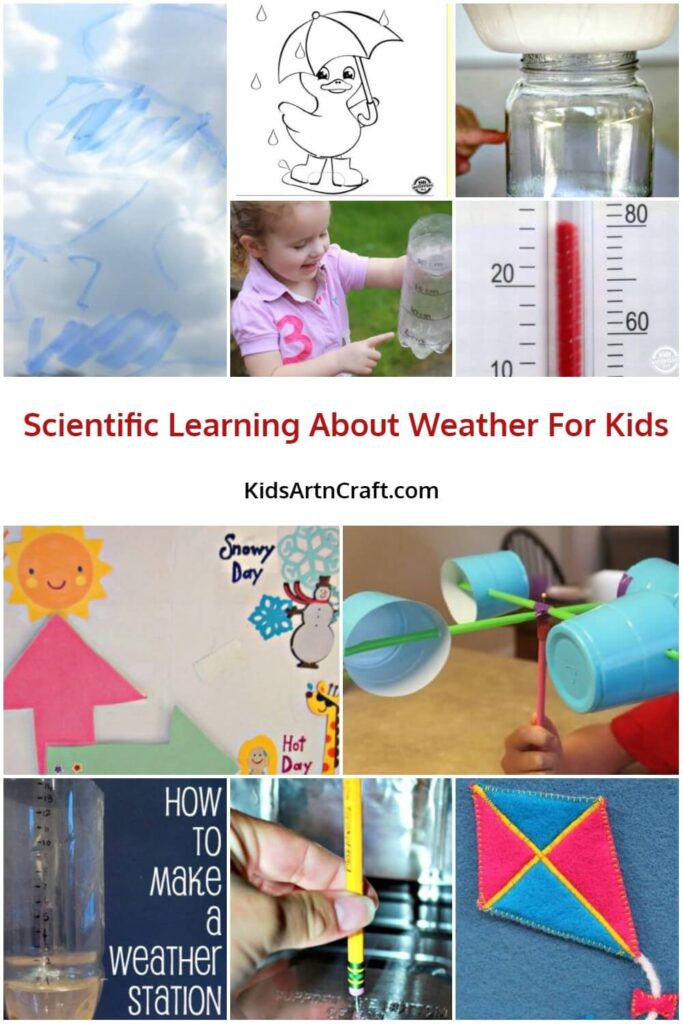
Read More: Easy Sidewalk Chalk Ideas For Your Kids
Thermometer Craft Template With Red Pipe Cleaners & Construction Paper
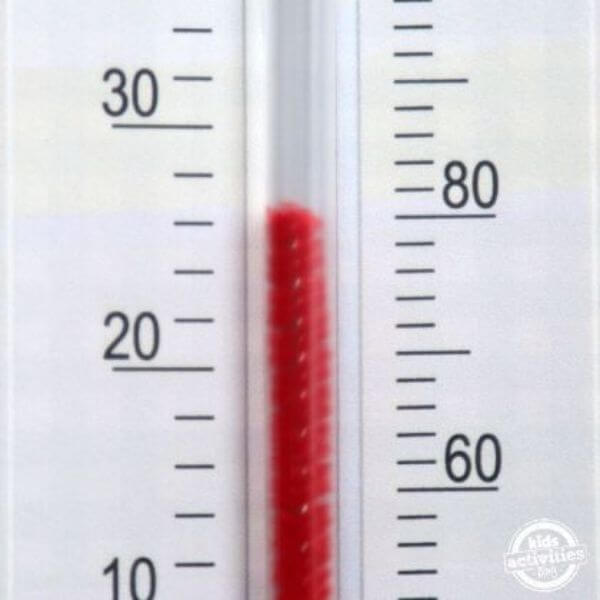
Image Source/Tutorial: Kids Activities Blog
Hands-on Weather Board Learning Activity For Kids
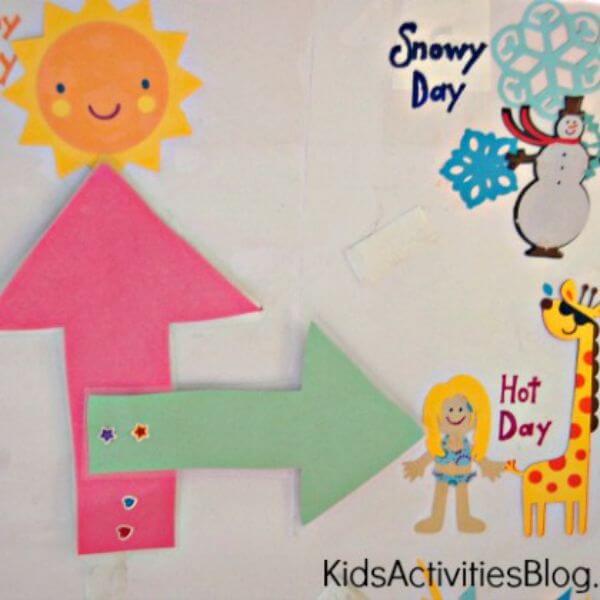
Image Source/Tutorial: Kids Activities Blog
Easy To Make Anemometer Craft Project Using Paper Cup & Plastic Straw

Image Source/Tutorial: Frugal Fun for Boys
DIY Weather Science Craft Activity For Kids Using Pencil
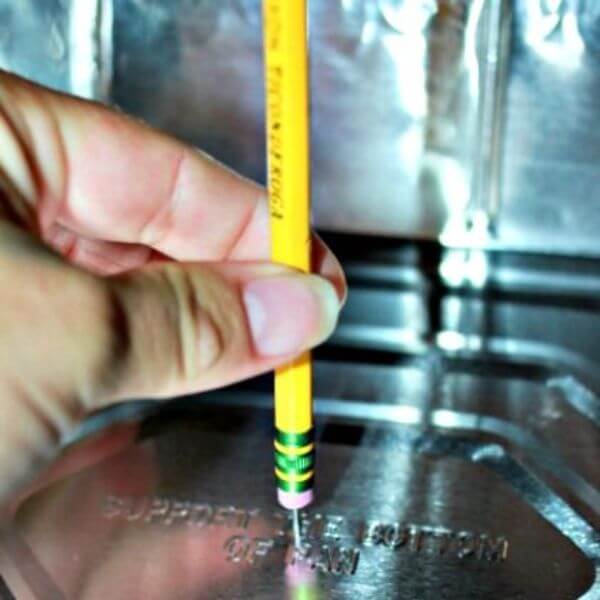
Image Source/Tutorial: Learn Play Imagine
Cloud Watching & Observing Air Movement Science Activity At Home

Image Source/Tutorial: Inspiration Laboratory
Read More: 1st Grade Science Projects for School
How To Make Rain Experiment In A Jar

Image Source/Tutorial: Learn Play Imagine
Homemade Rain Gauge Weather Learning Activity Using Recycled Material
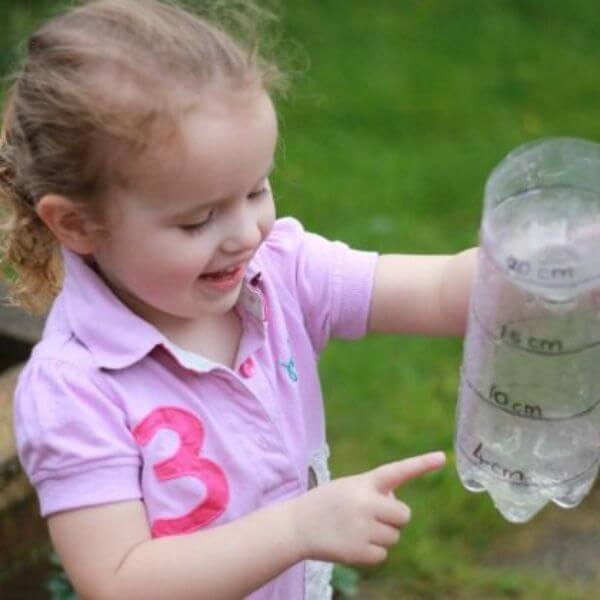
Image Source/Tutorial: The Imagination Tree
Creative Snowman Snow Measure Made With Craft Stick & Foam Sheets
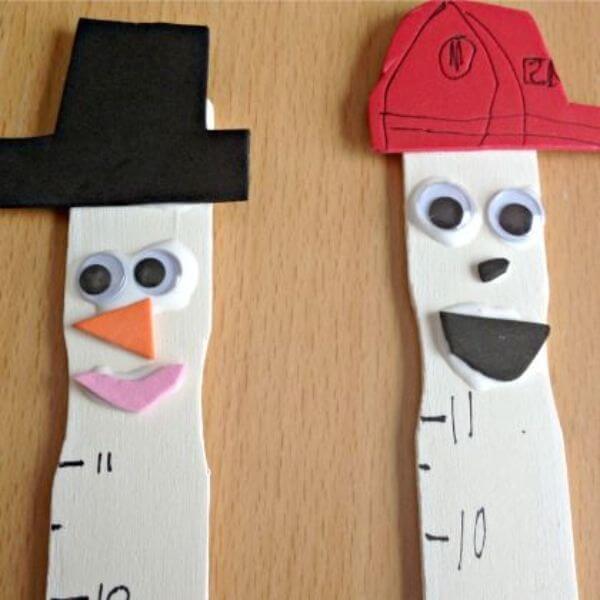
Image Source/Tutorial: Playdrhutch
Felt Windy Weather Craft Project For Students

Image Source/Tutorial: Two Daloo
Thunderstorm Science Experiment With Ice Cubes & Red Food Color

Image Source/Tutorial: kids by Learn Play Imagine
Read More: Balloon Science Experiments for Kids
Cute & Simple Weather Activity For Kids
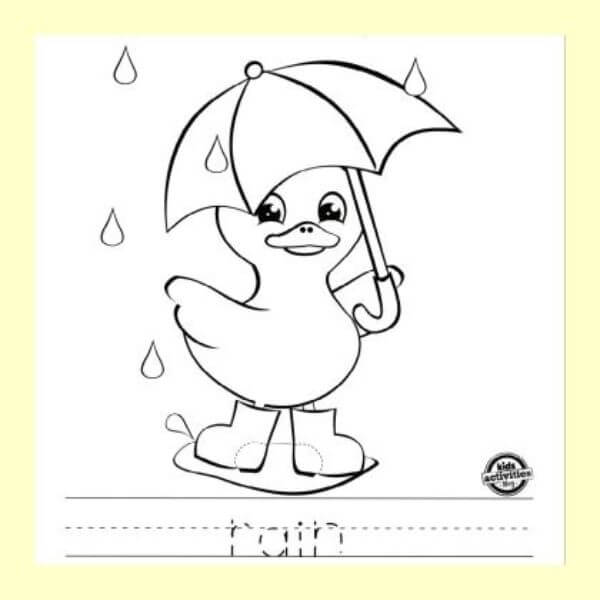
Image Source/Tutorial: Kids Activities Blog
Fun To Make Weather Station Craft Activity With Plastic Bottle
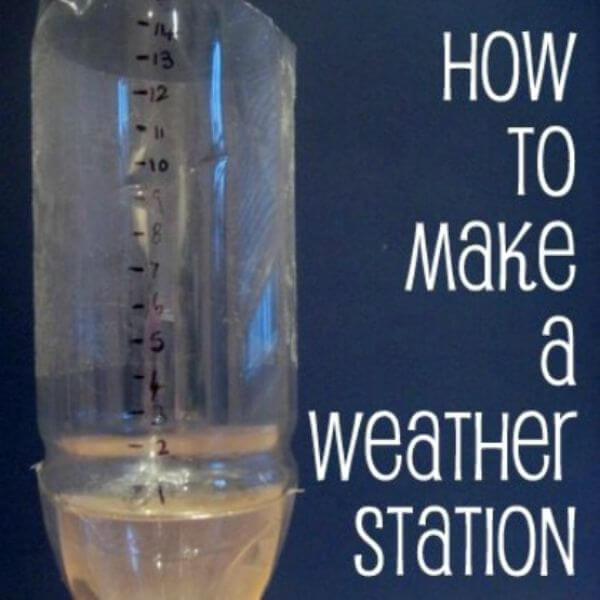
Image Source/Tutorial: Nurture Store
Easy Jelly Bean Tree Craft Project For Kids

Image Source/Tutorial: Your Modern Family
#
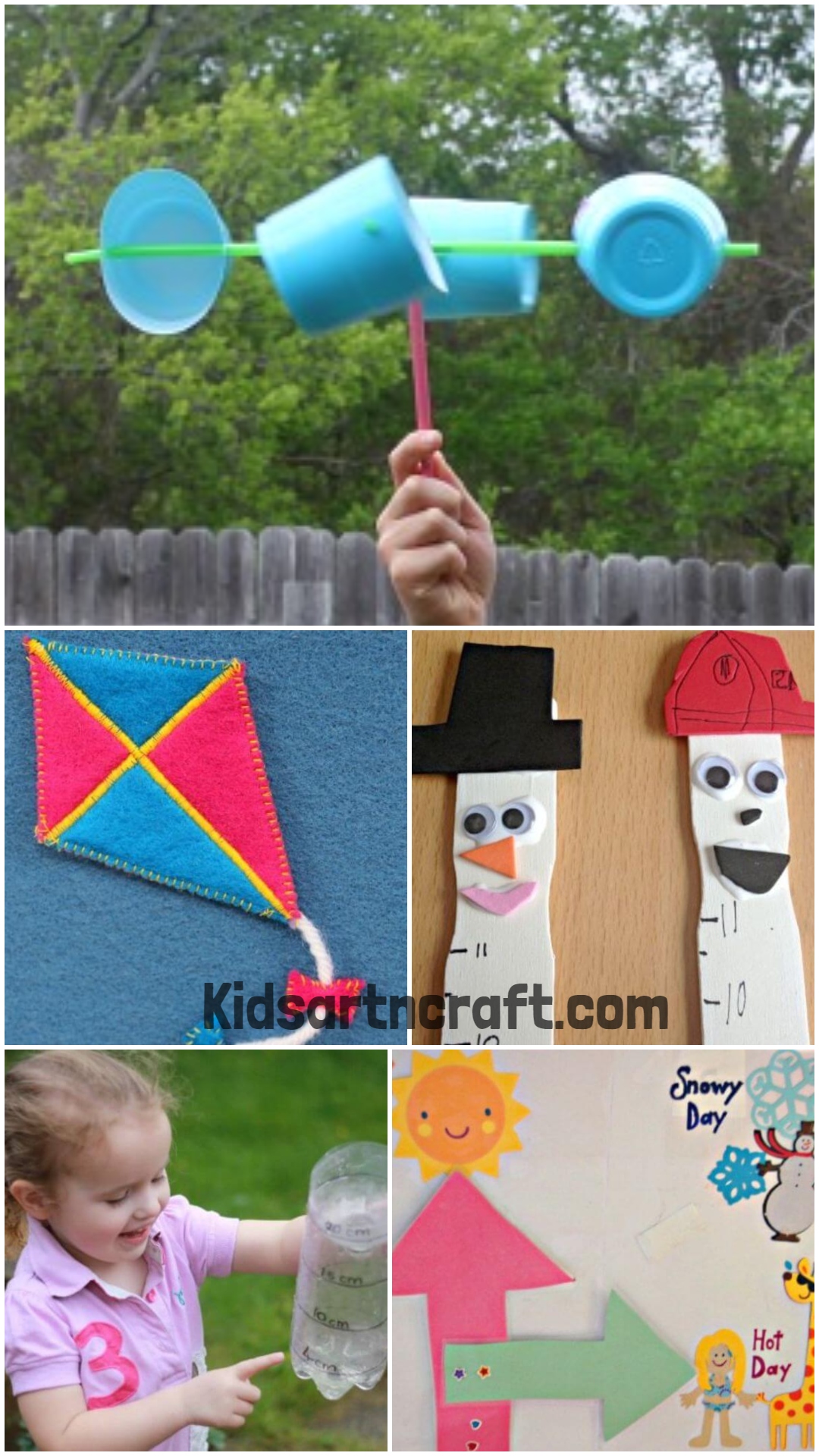
#
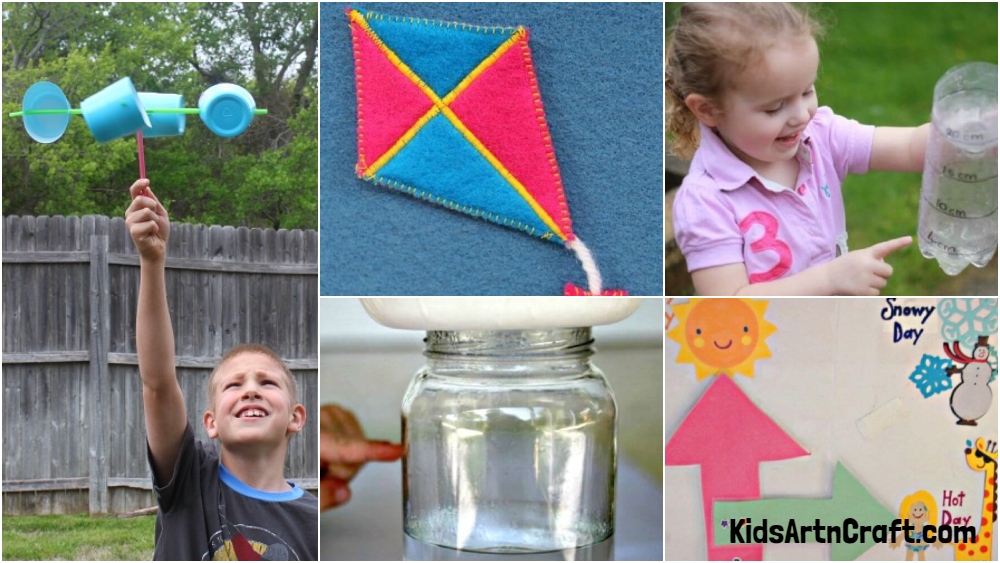
#
FAQs Related To Scientific Learning About Weather For Kids
1. What is Weather?
Weather is the state of the atmosphere at a particular place and time, including temperature, humidity, precipitation, wind speed and direction, atmospheric pressure, and visibility. It is the product of a complex interaction between the atmosphere and the sun, the sea, and the land. Weather can have a significant impact on people’s lives, including their health, safety, and comfort.
2. What is the difference between weather and climate?
The difference between weather and climate is that weather is the day-to-day changes in the atmosphere, such as temperature, humidity, precipitation, and wind, while climate refers to the average weather patterns in a region over a long period of time. Weather is affected by many factors including temperature, pressure, front systems, and humidity, and climate is the overall pattern of weather in an area over a longer period of time, consisting of the average temperature, rainfall, and wind speed. Weather is more localized and can change quickly, while climate is a long-term pattern of weather for a certain area that takes hundreds of years to change.
3. What are the main factors that affect the weather?
The main factors that affect the weather are temperature, pressure, humidity, wind, and precipitation. Temperature affects the air pressure, which in turn affects wind and precipitation. The amount of moisture in the air, or the humidity, can also affect weather conditions. Additionally, the Earth’s rotation and the position of the land and water on the surface can play a role in the weather. Finally, the amount of sunlight and its angle of entry can also have a big impact on the weather.
4. What is the water cycle?
The water cycle, also known as the hydrological cycle, is the process by which water circulates between the earth’s atmosphere, land, and oceans. This cycle is driven by the sun’s energy, which evaporates water from the surface of the oceans and land into the atmosphere as water vapor. This vapor then condenses into clouds, which in turn produce precipitation such as rain and snow that falls back to the surface and collects in rivers, lakes and oceans, where it returns to the atmosphere. This cycle is essential for life on Earth, as it regulates the temperature of the planet and provides the water we need to survive.
5. What is a thunderstorm?
A thunderstorm is a storm characterized by the presence of lightning and its accompanying thunder. Thunderstorms usually form in warm, moist air in advance of cold fronts. They may also form near areas of high pressure. Thunderstorms are usually accompanied by heavy rain, gusty winds, and sometimes hail. Thunderstorms can produce tornadoes, flash floods, and other dangerous weather phenomena.
Learning about the weather can be a fun and informative experience for kids, by understanding the different processes of how weather forms and how it can impact our lives, kids can become more knowledgeable about the world around them.
Follow us on Youtube for art and craft tutorials and much more.
More Articles from Kids Art & Craft
- Engineering Projects for Grade 1
- Phonics Games & Activities For Kids
- Fun Science Activities for Grade 3
- Telling Time Activities for Kids
- Easy Washi Tape & Popsicle Stick Crafts For Kids


